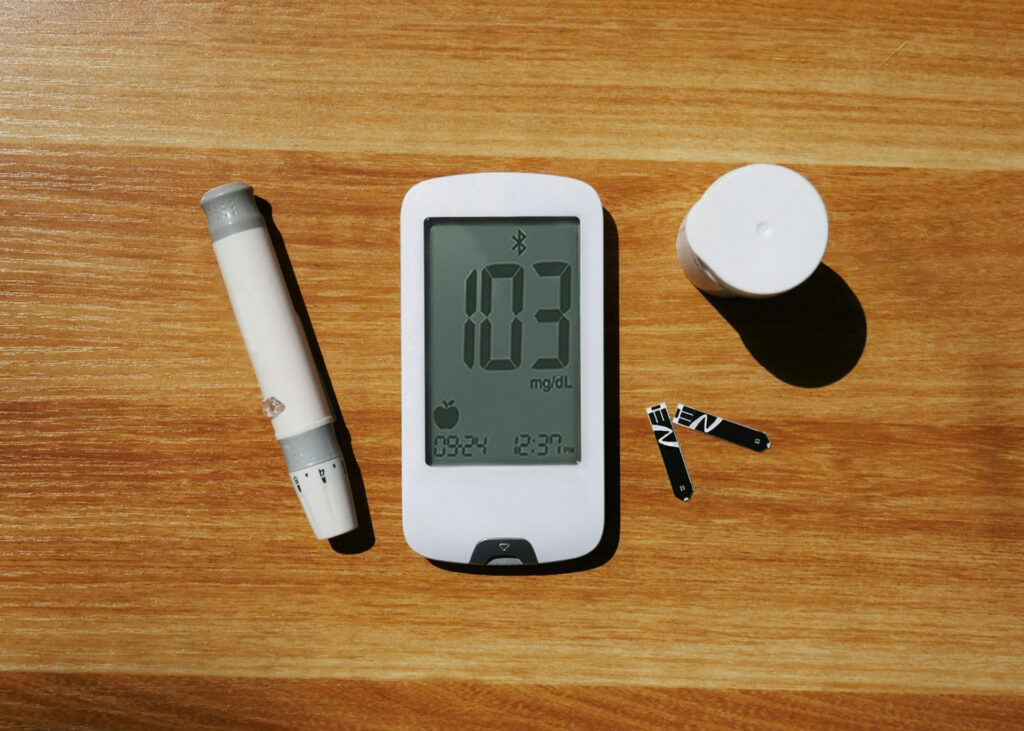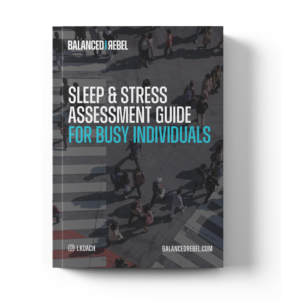In today’s fast-paced world, stress has become a seemingly unavoidable part of our lives. However, what many of us don’t realize is the far-reaching effects stress can have on our physical health, particularly our body’s ability to manage blood sugar levels. Chronic stress plays a significant role in the development of insulin resistance, a condition that sets the stage for prediabetes and type 2 diabetes.

Understanding Insulin Resistance
Insulin is a hormone produced by the pancreas that helps our bodies convert glucose (sugar) from food into energy. Insulin resistance occurs when cells struggle to respond to insulin’s signal, leading to elevated blood sugar levels. Over time, this constant pressure on the pancreas can lead to decreased insulin production, ultimately resulting in type 2 diabetes.
How Stress Fuels Insulin Resistance
When we encounter a stressful situation, our bodies enter a “fight-or-flight” response. This ancient survival mechanism triggers the release of stress hormones like cortisol and adrenaline, which prepare us to take immediate action. While beneficial in short bursts, chronic stress means our bodies are continuously flooded with these stress hormones.
Here’s how this constant surge impacts insulin resistance:
- Increased Glucose Production: Cortisol signals the liver to release more glucose into the bloodstream, providing a quick energy boost. However, chronically elevated glucose levels overwhelm our body’s ability to manage them effectively.
- Reduced Insulin Sensitivity: Stress hormones directly interfere with cells’ ability to respond to insulin, further impairing glucose regulation.
- Unhealthy Coping Mechanisms: Stressed individuals often turn to unhealthy habits like overeating, consuming processed foods, or skimping on sleep, all of which worsen insulin resistance.
- Visceral Fat Accumulation: Chronic stress promotes the storage of visceral fat (around the organs), a major contributor to insulin resistance.
The Cycle of Stress and Insulin Resistance
The relationship between stress and insulin resistance is a vicious cycle. Stress makes it harder to manage blood sugar levels, and poorly controlled blood sugar can create additional physical and emotional stress. Over time, this can significantly increase the risk of chronic diseases like type 2 diabetes, heart disease, and obesity.
Breaking the Cycle: The Importance of Stress Management
The good news is that the link between stress and insulin resistance is not unbreakable. By incorporating effective stress management techniques and making healthy lifestyle changes, you can significantly improve your insulin sensitivity and overall health.
Here’s how a health coach can guide you towards transformation:
- Identifying Stress Triggers: A health coach helps you pinpoint your unique stress triggers and develop personalized coping mechanisms.
- Mind-Body Practices: Techniques like mindfulness, meditation, and deep breathing can calm the nervous system and counter the effects of stress.
- Creating Healthy Habits: A health coach will work with you to establish sustainable eating habits, prioritize sleep, and incorporate regular exercise – all crucial for insulin sensitivity.
- Redefining Everyday Habits: Small, consistent changes to your everyday routine can have a profound impact on your stress levels and overall well-being.
Taking Back Control
While stress may be an inevitable part of modern life, its impact on your health doesn’t have to be. If you’re struggling with insulin resistance or suspect stress is playing a role, seeking professional guidance can empower you to make positive changes.
If you’d like to learn effective strategies to manage your stress and improve your insulin sensitivity, book your complimentary session with a health coach today. Start your journey towards better health and well-being.





